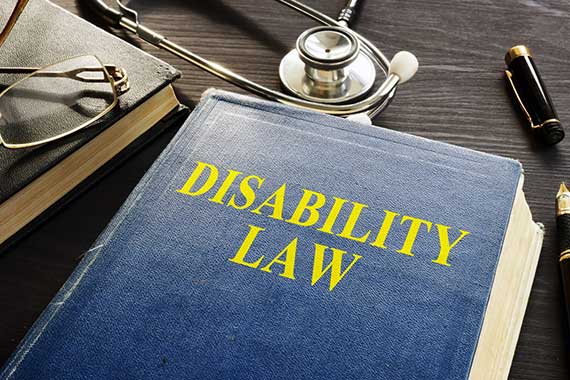Americans & Texans alike have rights against disability discrimination. In the United States, federal laws like the Americans with Disabilities Act (ADA) make disability discrimination illegal in various areas including the workplace, public spaces, and education. These laws apply to all states, including Texas.
The ADA requires employers to provide reasonable accommodations to employees with disabilities. Reasonable accommodations may include:
- Providing special equipment or a flexible schedule.
- Modified work schedules.
- Policy modifications.
- Leave time.
- Working from home or telecommuting.
- Alternative training material
- Sign language interpreters
Assuming your requests do not cause your employer or potential employer significant financial strain or difficulty, then your requests should be honored with no issue.
If you feel like your disability is preventing you from getting hired, promoted, or has led to your termination, you have rights. The disability discrimination lawyers at Jackson Spencer Law have many years of experience representing victims of workplace discrimination and a track record of obtaining significant settlements and awards for our clients.




